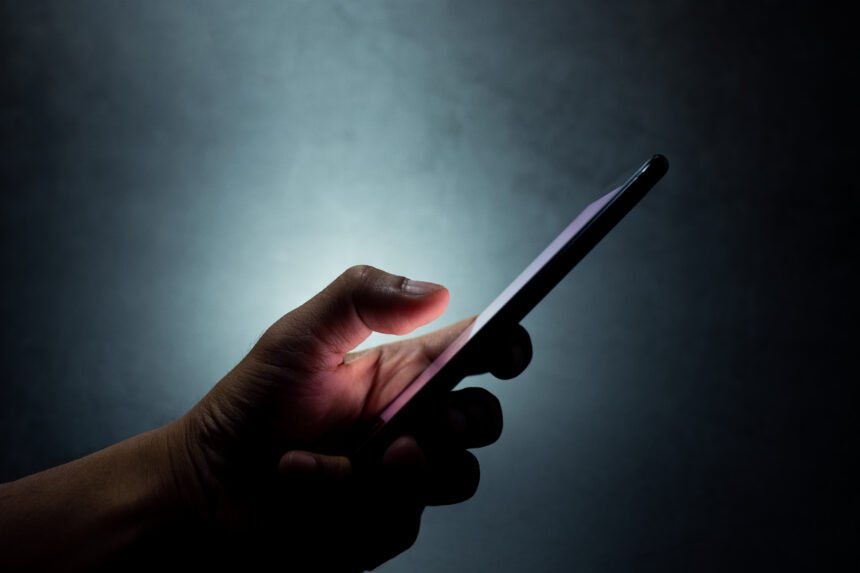Leaked documents from the Swiss company NeoSoft reveal that Serbia’s Security and Information Agency (BIA) considered purchasing one of the most intrusive mobile surveillance tools available — a portable IMSI catcher system — raising new concerns about unchecked state surveillance under the regime of President Aleksandar Vučić.
According to BIRN, the offer was facilitated by the Belgrade-based company MRG Export-Import and includes detailed technical specifications, pricing, and operational parameters of the device.
The leaked materials emerged shortly after the outbreak of the war in Ukraine, when internal documents, invoices, and commercial offers from NeoSoft were posted online by an anonymous account on X/Twitter. Before the link disappeared, the Swiss research collective WAV managed to download the entire archive and later shared it with BIRN.
Among the hundreds of files were documents showing that BIA had explored the purchase of the NS Backpack, a portable IMSI catcher designed for identifying, locating, and actively intercepting mobile communications. The system, produced in Switzerland, was reportedly intended to work across all mobile network frequencies and be fully compatible with Serbia’s telecommunications infrastructure.
Although the NS Backpack looks like a simple backpack, it contains a cooling system, power supply, and a complete spying module capable of intercepting calls and SMS messages and profiling users based on their SIM card’s IMSI number.
Highly intrusive technology with no clear legal oversight
An IMSI catcher operates as a fake mobile base station, forcing nearby phones to connect automatically by providing the strongest signal, while real signals are suppressed. Once connected, all mobile activity becomes visible to whoever controls the device.
Experts told BIRN that advanced IMSI catchers can also track device movement, identify phone numbers, and intercept communication, all without the user’s knowledge and without involvement from mobile operators—a key point raising questions about legality and oversight.
There is currently no public regulation in Serbia that governs the use of such invasive surveillance technology, said Jelena Pejić Nikić from the Belgrade Centre for Security Policy. Even existing broader legal frameworks “fall into a grey zone,” especially because such tools can capture data from large groups of people, not just targeted suspects.
Timeline suggests the plan emerged in 2021
The offer from NeoSoft likely dates back to 2021, based on references to mobile operators A1 (formerly Vip) and Telenor (before its 2022 rebranding to Yettel).
Swiss export authority SECO confirmed that no export licenses matching the leaked documents appear in official records, meaning there is no evidence that BIA formally imported the equipment — though this does not rule out informal acquisition channels.
Previous limited demonstration approved — but the new documents suggest more
NeoSoft did receive authorization in late 2023 to conduct a brief technical demonstration of surveillance equipment at BIA headquarters valued at just 8,000 CHF. However, the leaked documents describe a much larger and more expensive offer, made two years earlier, totaling over $150,000 for the IMSI catcher and an additional $70,000 for advanced modules.
These modules enable:
- precise location tracking
- phone number identification without operator assistance
- forced downgrading of mobile networks to 2G for interception
- sending SMS messages or initiating calls to target devices
- collecting personal data from online sources
Another signal of Vučić’s expanding surveillance apparatus
Although BIA did not respond to BIRN’s inquiries, the documents align with long-standing concerns from civil society and international observers regarding Serbia’s growing use of intrusive surveillance technologies under the Vučić government.
The potential acquisition of covert interception tools, outside public scrutiny and without a clear legal framework, adds to fears of political misuse, mass data collection, and targeting of critics in a state already criticized for democratic backsliding.
NeoSoft, IBIS Instruments, and the BIA did not respond to requests for comment.







